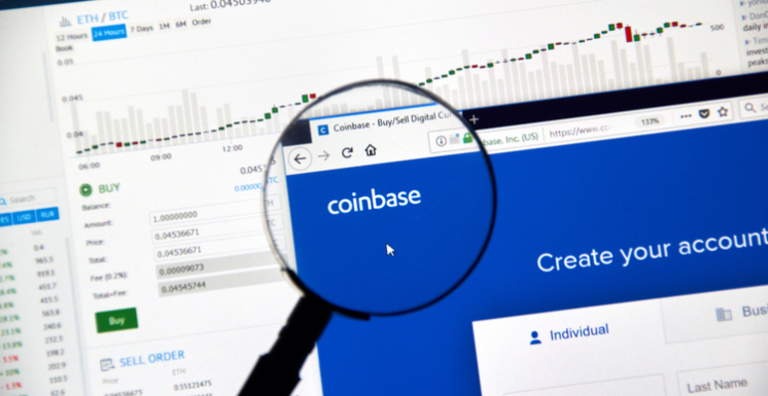Crypto trading on centralized and decentralized exchanges (CEXs and DEXs) differ in a few key ways. Here are some of the main points to consider:
- Centralized exchanges are operated by a single entity or organization, while decentralized exchanges are run on a decentralized network, often using smart contracts.
- Centralized exchanges hold users’ funds in custodial accounts, meaning that the exchange has control over the assets. Decentralized exchanges, on the other hand, do not hold users’ funds and instead facilitate peer-to-peer trading through the use of smart contracts.
- Centralized exchanges often have more trading pairs and liquidity, as they have more resources to invest in the platform. Decentralized exchanges may have lower liquidity and fewer trading pairs, as they rely on a decentralized network of users to provide liquidity.
- Centralized exchanges are vulnerable to hacking and other security breaches, as they hold large amounts of user funds and personal information in centralized servers. Decentralized exchanges are often considered to be more secure, as they do not hold user funds and personal information in centralized servers.
- Centralized exchanges often have more user-friendly interfaces and offer more features such as margin trading and stop-loss orders. Decentralized exchanges may have more basic interfaces and fewer features.
- Centralized exchanges typically require users to go through a Know Your Customer (KYC) and Anti-Money Laundering (AML) process, which can be time-consuming. Decentralized exchanges may not have such requirements, as they do not hold users’ funds and do not need to comply with certain regulations.
- Centralized exchanges may have more fees associated with trading, as they need to cover the costs of operating and maintaining the platform. Decentralized exchanges may have lower fees, as they rely on a decentralized network of users to provide liquidity and do not have the same overhead costs as centralized exchanges.
In summary, centralized exchanges offer more liquidity, features, and user-friendly interfaces, but are vulnerable to security breaches and may have more fees and regulatory requirements. Decentralized exchanges offer more security and may have lower fees, but may have lower liquidity and fewer features.




